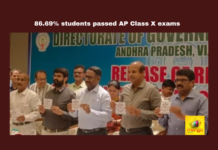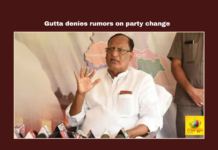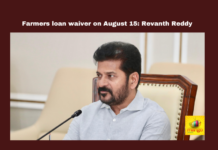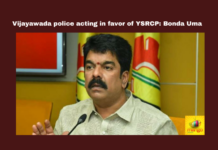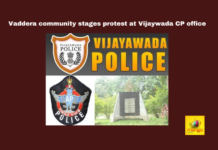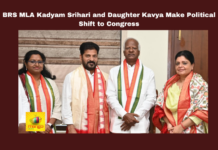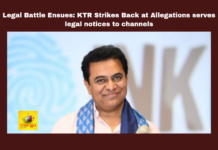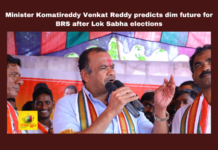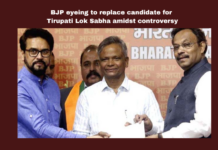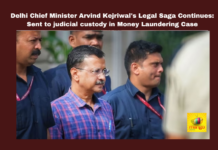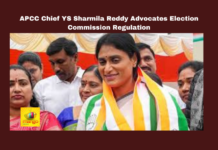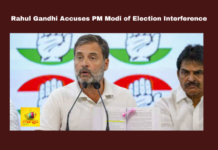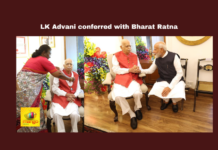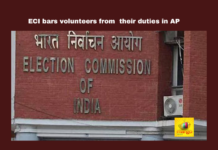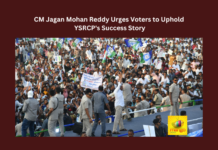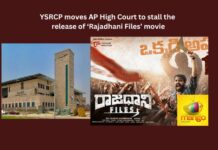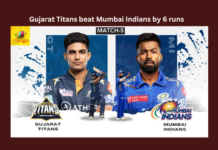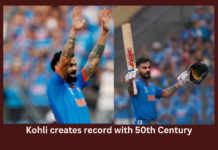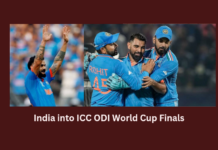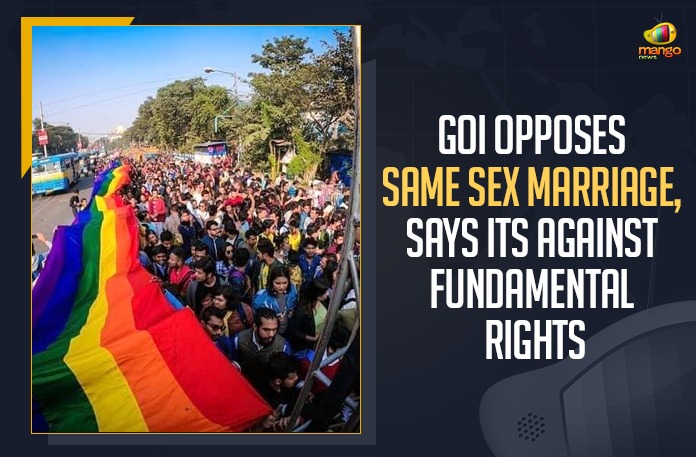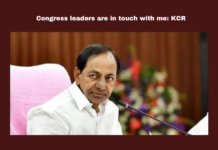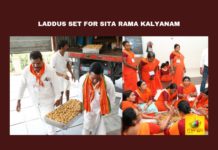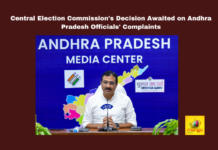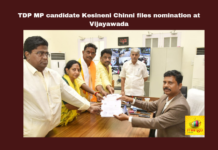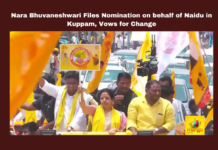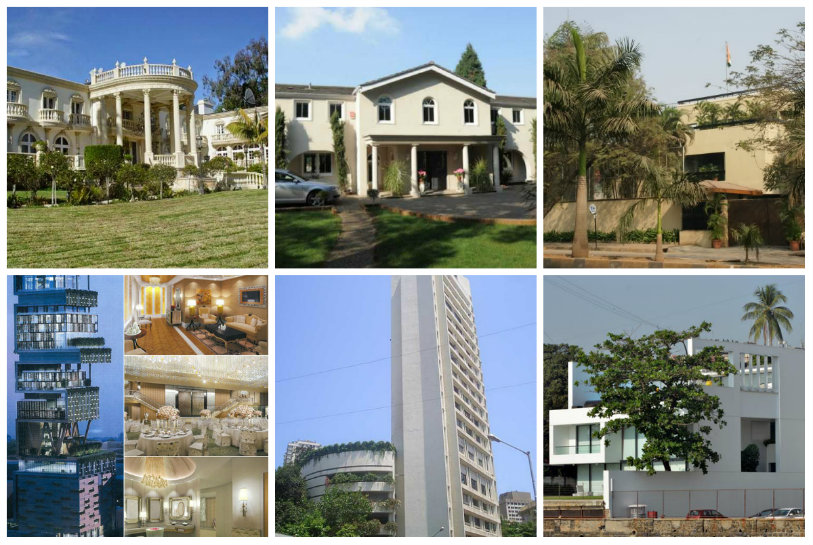Even after legalising Section 377, the Central Government filed an affidavit opposing same sex marriage in India.
The Government of India (GoI) filed an affidavit decriminalisation of Section 377 of the Indian Penal Code (IPC.)
The affidavit was filed after a few petitioners demanded to legalise same sex marriage in India.
Abhijit Iyer Mitra, Gopi Shankar, Giti Thadani and G. Oorvasi filed a petition stating a marriage between people of the same gender wasn’t still possible despite the Supreme Court decriminalising consensual homosexual acts in 2018, which gives freedom to choose partners irrespective of gender. They demanded a declaration recognising such unions under the Hindu Marriage Act (HMA.) Besides the aforementioned people, two mental health professionals — Kavita Arora and Ankita Khanna also filed a petition. In their petition, they sought legal recognition of their marriages under two different civil laws, the Special Marriage Act and the Foreign Marriage Act.
Counsel Raghav Awasthi is representing the petitioners who demand legalisation of same sex marriage in India.
Rajkumar Yadav, a counsel representing the Indian Government said, the decriminalisation of Section 377 does not automatically translate into a fundamental right for same sex couples to marry.
Arguing over the Government Counsel’s statements, Raghav Awasthi said, the HMA does not distinguish between heterosexual and homosexual marriages if one were to go by how it is worded. The act very clearly states that marriage can be solemnised between any two Hindus.
The hearing was heard by a bench of the Delhi High Court (HC.) The bench consisted of Justice Rajiv Sahai Endlaw and Justice Amit Bansal.
The affidavit and petitions over same sex marriage legalisation came two years after the SC decriminalised Section 377. In 2018, the Supreme Court’s ruling granted same sex couples the freedom to lead a dignified private life and legalised Section 377.
However, the Central Government opposed the marriage and said, the approved Section 377 allows them only basic right to companionship, not violation of fundamental rights of others.
The advocate representing the Government said, “Personal private domain of individuals akin to right to privacy and cannot include a public right in the nature of recognition of same sex marriage and thereby legitimising a particular human conduct.”
The counselor said, Indian society was basically “a socially recognised union of two individuals which is governed either by uncodified personal laws or codified statutory laws. ” He further added, “There is no acceptance of the institution of marriage between two individuals of the same gender either in personal laws or codified statutory laws.”
Apri
Opposing the petition seeking same sex marriage, the Central Government said, a marriage is recognised only when a biological man and a biological woman ties knot and are capable of reproduction and have babies.
Standing firm with their stand on same sex marriage, the Central Government in its affidavit said, “Celebration of a marriage gives rise to not just legal but moral and social obligations, particularly the reciprocal duty of support placed upon spouses and their joint responsibility for supporting and raising children born of the marriage and to ensure their proper mental and psychological growth in the most natural way possible.”
After hours of arguments and opposing, the Delhi High Court posted the matter to the 20th of April.
The next hearing over the same sex marriage legalisation would be held on the 20th of April 2021.
Stay tuned for further updates.

